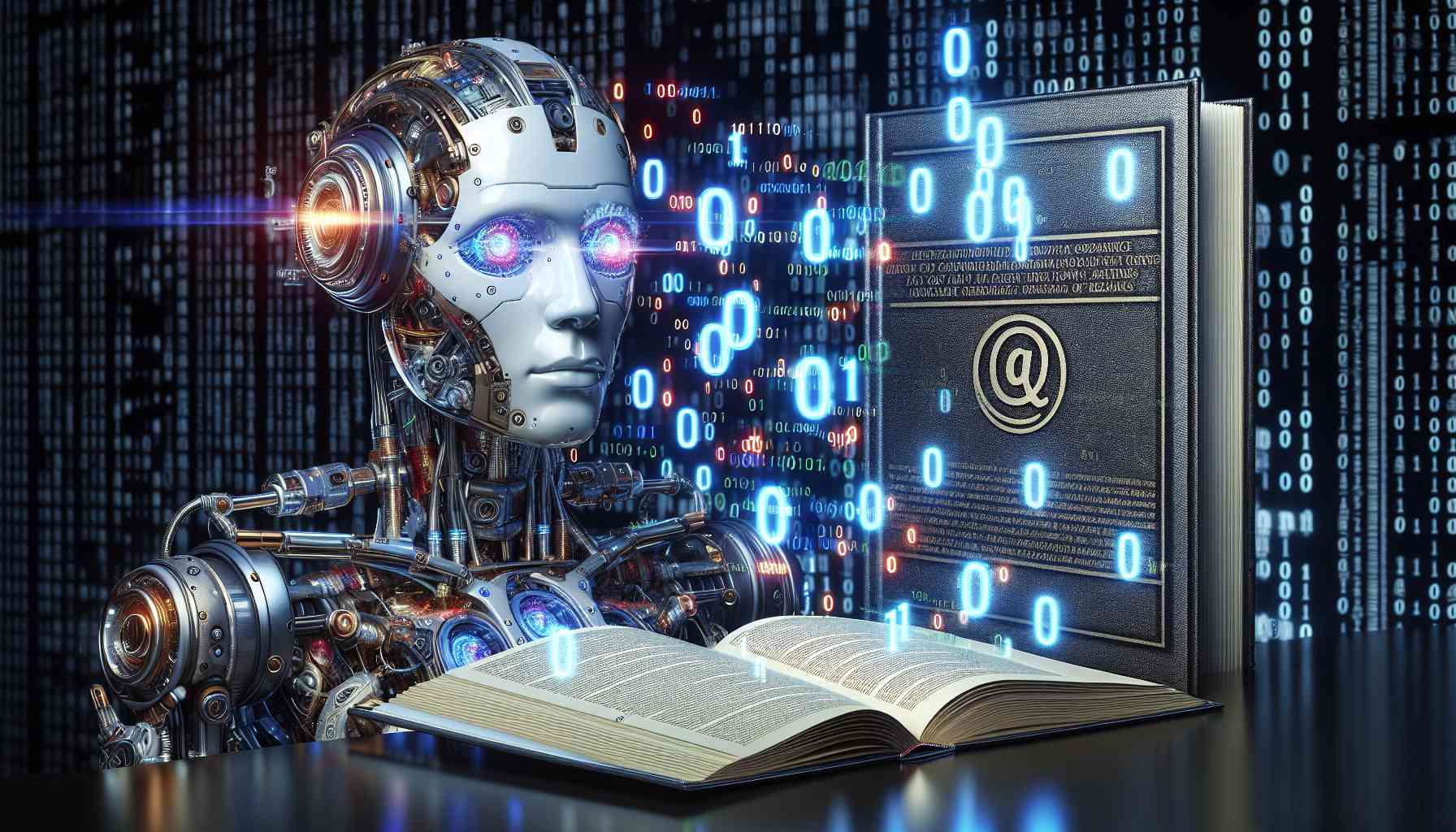Artificial intelligence (AI) is revolutionizing industries and reshaping the way we live and work. However, the rise of AI technology has brought forth complex copyright issues. As AI models generate text, images, video, and audio, questions arise about the ownership and usage of content used by these models.
The recent lawsuit filed by The New York Times against OpenAI and Microsoft highlights the copyright concerns in the AI realm. Content creators, such as authors and artists, have also voiced their complaints regarding copyright infringement. The debate centers around whether licensing agreements or compensation should be enforced when AI platforms use copyrighted material to train their models.
Australia’s industry and science minister, Ed Husic, has acknowledged the need to address these copyright implications. He emphasized that companies utilizing AI technology should consider the impact on their workforce, drawing parallels to automation’s effect on traditional manufacturing and agricultural sectors.
While Husic did not rule out licensing agreements, he pointed to the challenges of determining fair compensation for copyrighted materials used by AI systems. He mentioned Google’s early advantage in the late 90s due to permissive online regulations and questioned if similar circumstances would be allowed today.
The government, with attorney-general Mark Dreyfus leading a reference group, is exploring copyright reforms in relation to AI. Areas such as the transparency of AI models, the imitation of published work by AI, and potential copyright protection for AI-generated materials are under consideration.
This interim response sheds light on the broader discussions around copyright reform and the need to keep pace with the rapid development of AI. Australia has previously taken steps towards online reforms, such as the news media bargaining code requiring social media platforms to negotiate licensing deals with news outlets.
However, critics claim that the government’s response lacks sufficient action and signals a delay in effectively managing the impact of AI. Concerns have been raised about Australian content being exploited by AI without proper compensation or agreements.
As the AI revolution continues, the Australian Academy of Technological Sciences and Engineering emphasizes the urgent need for enhanced misinformation laws and mandatory regulations for high-risk AI applications.
Ultimately, finding the right balance between the advancement of AI technology and protecting copyright interests will require further collaboration, research, and thoughtful policymaking. It is crucial to navigate these challenges to ensure a fair and equitable AI landscape that benefits all stakeholders.

